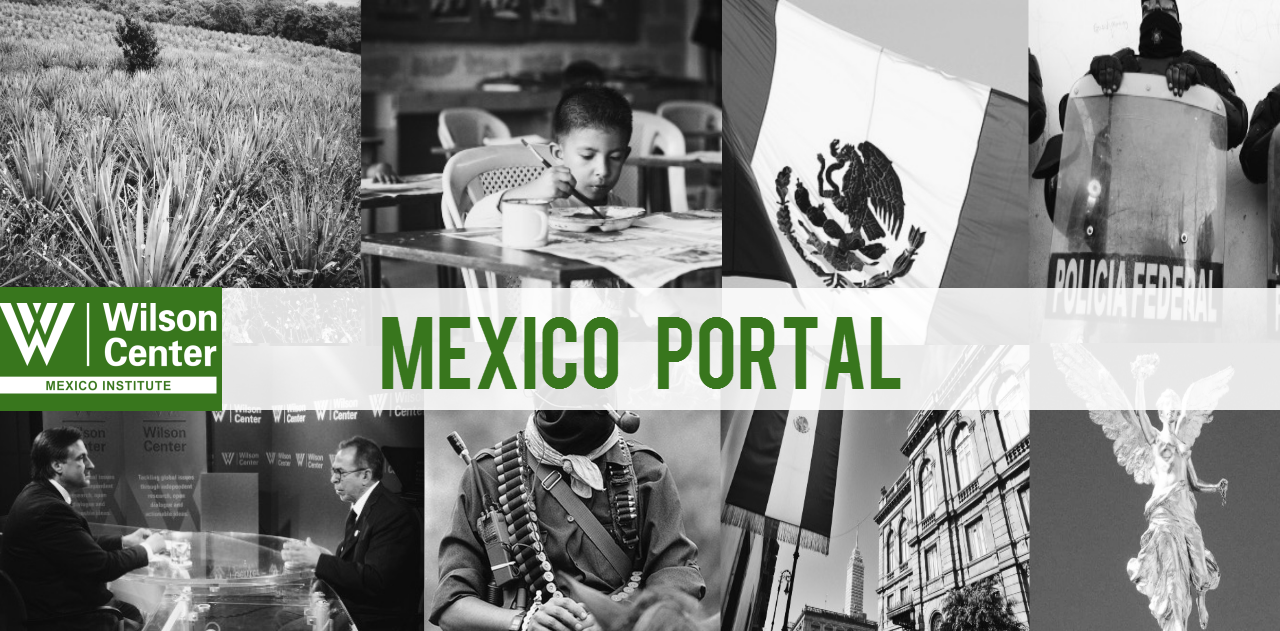 10/08/2013
10/08/2013
The Woodrow Wilson International Center for Scholars is pleased to announce David A. Shirk as the first Mexico Institute Wilson Center Global Fellow, a newly created non-residential scholars program. The Global Fellows program seeks to strengthen the Wilson Center’s global network of thought-leaders who can produce research, timely analysis, and new ideas to amplify the mission and goals of the Center. These non-residential fellows will contribute to the ongoing work of the Center’s programs and serve as an integral part of the overall intellectual community of the Wilson Center.
Dr. Shirk is Associate Professor in the Department of Political Science and the Principal Investigator for the Justice in Mexico Project at the University of San Diego. Dr. Shirk’s work has focused on promoting security and judicial reform, and the rule of law in Mexico. Through this leadership the Justice in Mexico project has developed a unique series of reports that track drug violence in Mexico at the national, state and local level. Dr. Shirk’s previous work with the Institute culminated in two edited volumes, produced in conjunction with Mexico Institute staff: Police and Public Security in Mexico and Shared Responsibility: U.S.-Mexico Policy Options for Confronting Organized Crime.
Duncan Wood, Director of the Mexico Institute said “We are thrilled to have David join our team as a Global Fellow. He is a leading voice on Mexico and multiple aspects of the bilateral relationship and his research and expertise have proved pivotal in shaping the policy debate on U.S.-Mexico security cooperation. There is no one better equipped to head up our work on security and justice in Mexico.”
David Shirk will be collaborating with Mexico Institute staff on an ongoing project examining civil society responses to organized crime and violence in Mexico, and will be coordinating important new research and publications on Mexican security and justice in 2014.
For a link to this story on the Mexico Institute webpage, click here.


 MEXICO CITY—Mexican industrial conglomerate Alfa SAB made proposals for a restructuring of Canadian-Colombian oil firm Pacific Exploration & Production
MEXICO CITY—Mexican industrial conglomerate Alfa SAB made proposals for a restructuring of Canadian-Colombian oil firm Pacific Exploration & Production






